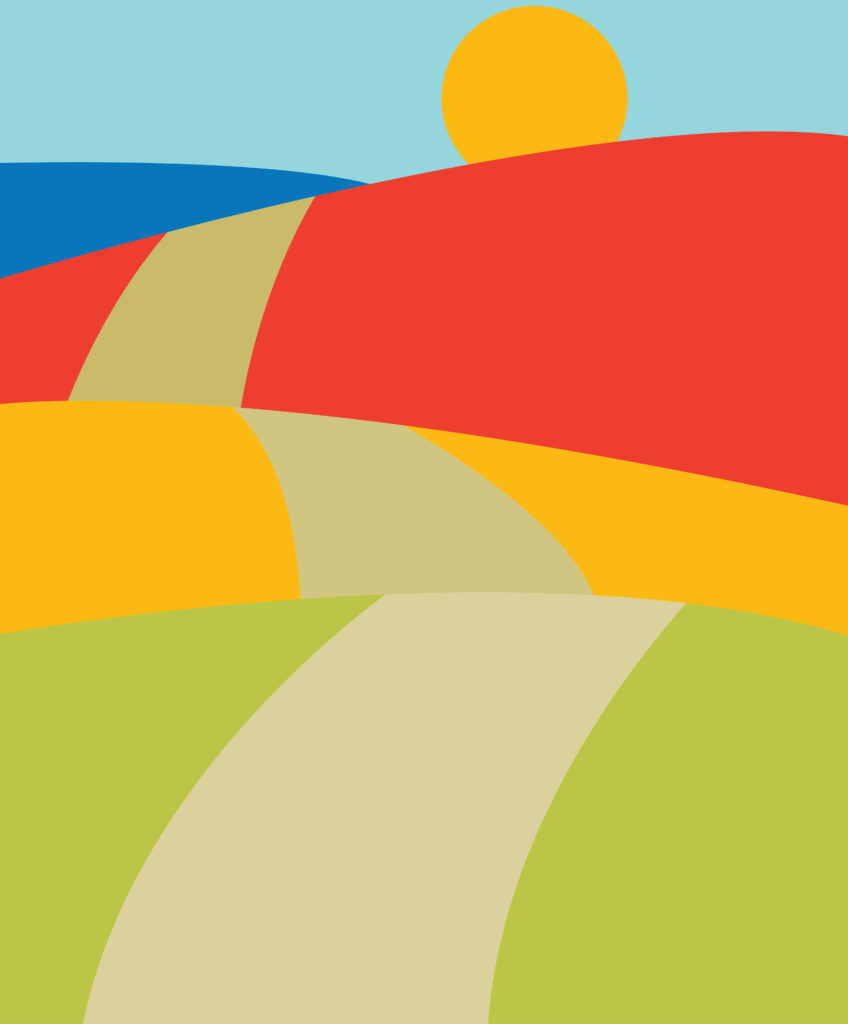What’s it all about?
by Rebecca Crichton
I once wrote that I am a ‘fool for meaning.’ I think this accounts for my becoming both a hospice volunteer and a wedding officiant. Being present for important life passages draws me more than almost anything else.
Except food. That is another story for another time, other than to say that nurturing others with good food has always felt meaningful.
I worry about older people who claim they are ‘done learning,’ declaring there is nothing in their lives that engages them. They are not amused, intrigued, or tantalized by anything. Sometimes, they express anger and feel betrayed by what they thought ‘old age’ would be and are not experiencing. That can lead to shutting down, resisting solutions or avoiding connections.
Those feelings can represent grief due to the many losses in their lives. Depression and other diagnosable conditions can benefit from professional support.
My two master’s degrees, in child and organization development, both focused on identifiable stages. The seminal issue in child development is the relationship between Nature and Nurture. I felt amused when studies that set out to prove which one was more important showed conclusively that they were intricately entwined. We are born with individual personalities and temperaments – any parent with more than one child can confirm that – and then we grow up in environments that impact those innate ways of being.
(I have a similar reaction when Science states that how we feel emotionally and the ways we think affect our bodies and our overall health. You think?!)
MT Connolly’s book, THE MEASURE OF OUR AGE: Navigating Care, Safety, Money, and Meaning Later in Life, helps us refocus on what matters most. Her extensive research on how we have historically viewed aging leads to the necessity of “making meaning of the time we have.”
Meaning-making is one of the critical tools for aging well. When we are younger, our lives can feel scripted in terms of expectations and experiences. While everybody is a unique individual, there are things we can say about 2nd graders as a cohort that you wouldn’t be able to generalize about a group of seventy-year-olds.
We are more diverse as we age than when we were younger. This makes sense when we realize how differently our lives haves unfolded. Never assume that someone we meet who is our age has had similar experiences and drawn similar conclusions about life.
One of my favorite aphorisms is from the 5th Century poet Philo of Alexandria: “Be kind, for everyone you meet is fighting a hard battle.” We don’t know and can’t really tell what someone else knows, feels or has experienced. Not unless we are willing to ask and pay attention to other’s stories.
We build and foster connection when we share stories and when we laugh together. An important learning as we age is to rediscover ourselves in relation to the world around us. Who are we? What’s it all about?
